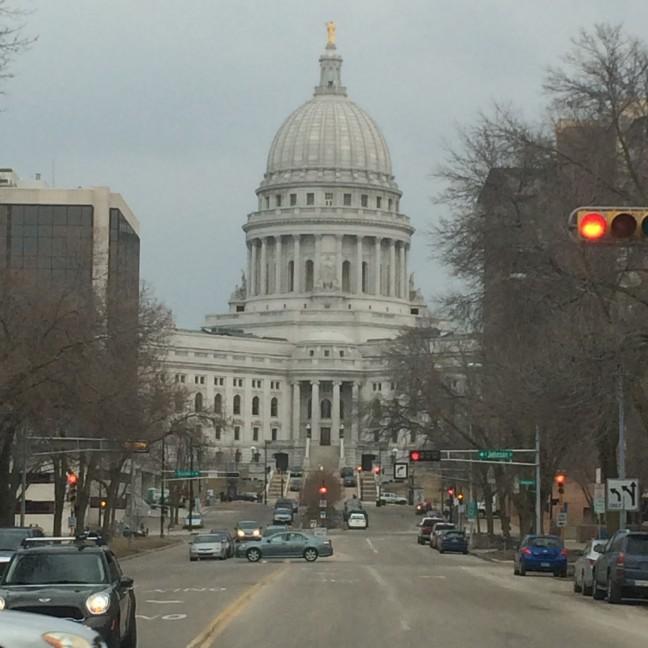This election season will be one of great change as the Legislature will experience one of the highest rates of legislator turnover in decades.
There are 132 legislators in the state Legislature, and, by January, at least 106 lawmakers will have left their elected posts since the 2010 elections. This is the largest change since 110 lawmakers left office between the 1970 and 1975 elections, according to the Legislative Reference Bureau.
Jay Heck, executive director of Common Cause in Wisconsin, said the focus of this November’s elections will likely be a few important races in the Senate, which could allow Democrats to regain Senate control and congressional representation in several key districts.
Overall, the economy will likely be the ultimate deciding factor in the election, he said.
“As Gov. Bill Clinton famously said in the 1990s, ‘It’s the economy, stupid,’” Heck said. “Ultimately, people will look at their own economic circumstances and say ‘Well, I’m not as well off as I was,’ or maybe, ‘I’m better off than I was two years ago or four years ago.’ Depending on how they feel about that, they’ll either vote for the party in power or the party that is not in power.”
Heck added in the elections, both parties will focus on issues related to the economy such as education funding, economic security and employment as well as Gov. Scott Walker’s record on job creation.
College Republicans chairperson Charlie Hoffman said keeping state Senate districts Republican is key to allowing Walker to continue his reform measures.
According to Hoffman, College Republicans’ goal for the election is to show the GOP has been looking out for college students.
“Gov. Walker said that if he is elected again, he will freeze tuition for another two years,” Hoffman said. “That’s something that has a tangible impact on college students.”
Due to significant redistricting in 2010, most of the closest races in the state Legislature and in Congress will occur in the primary elections, Heck said.
He added in gubernatorial election years, turnout is lower, and Republicans historically do better in these elections.
“The state is about 50-50, so you never know where it’s going to go,” Heck said.
Democratic Party spokesperson Melissa Baldauff said the party is optimistic about the upcoming elections.
She said Democrats see a clear path to retaking the majority in the Senate, and there is a great opportunity for them in the Assembly.
“We have three open seats in swing districts and very solid candidates,” Baldauff said. “[These are people] who raise money, who are talking to their constituents and who are making a case for why there is a need for change after four years or more in some cases.”
The Senate, which is currently composed of 18 Republican legislators and 15 Democratic legislators, will feature several key elections that could decide who will control the Legislature in the near future. The ninth Senate district seat, for example, was held by Republican Joe Leibham, who will not seek re-election after choosing to run for Congress.
Baldauff said she feels confident about the Democratic Party’s ability to gain control in the ninth district, as this district fell within the margin of error for the 2012 presidential election.
The 19th district seat was held by longtime Sen. Mike Ellis, R-Neenah, who is retiring after serving more than 40 years as an elected official. Heck said Republicans will hold the upper hand since it’s been a Republican-controlled district for a long time, but Democratic candidate Rep. Penny Bernard Schaber, D-Appleton, has built up a strong reputation in the Senate as well. She is being challenged by former Republican Rep. Roger Roth.














